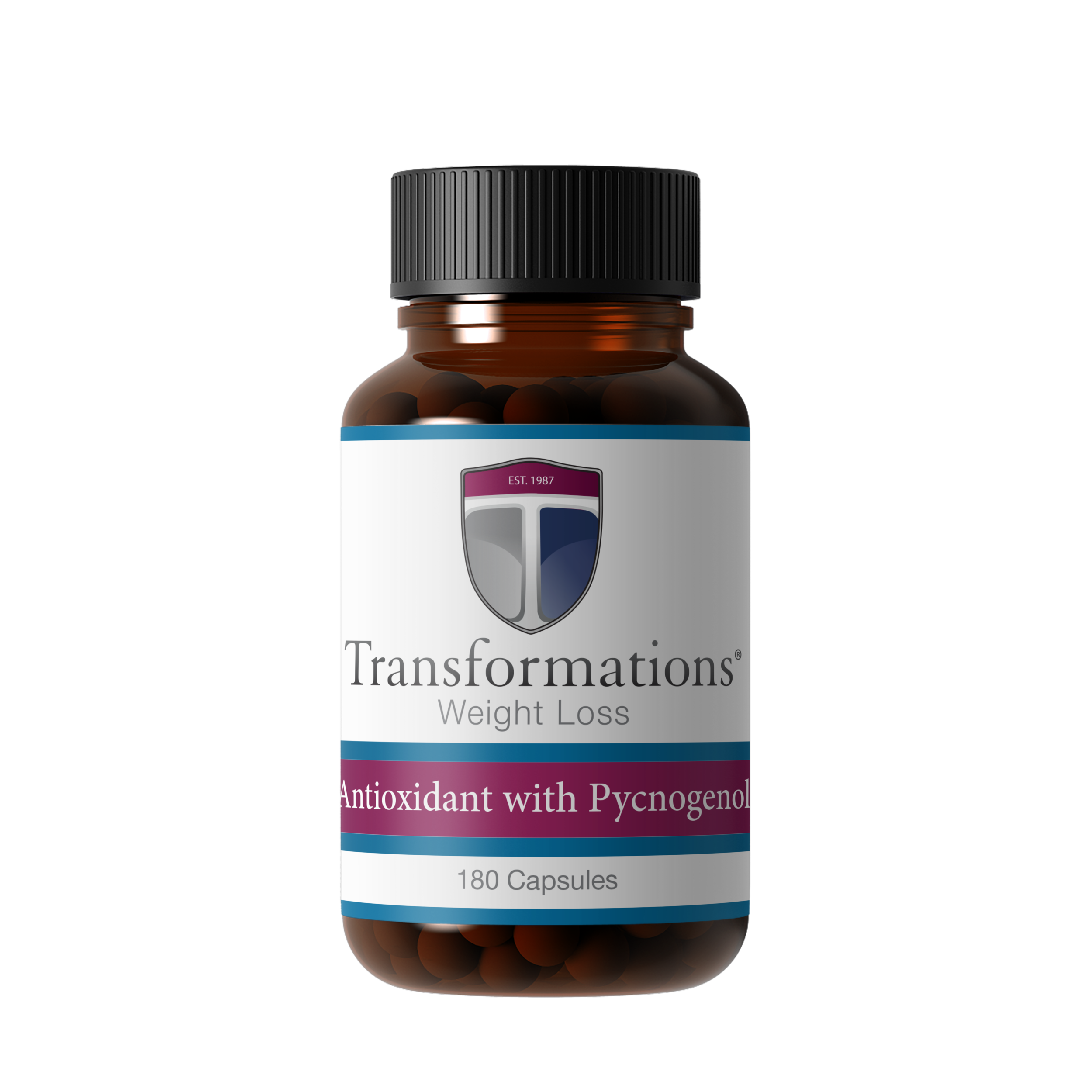There's promising hope for women who suffer from endometriosis, one of the most common causes of infertility and pelvic pain. A study in the Journal of Reproductive Medicine reveals that Pycnogenol, an antioxidant plant extract from the bark of the French maritime pine tree, significantly reduces symptoms of endometriosis by 33 percent.
Pycnogenol was chosen for this study because other endometriosis treatments can have unwanted side effects. "The cause of endometriosis is unknown and treatment to fully cure endometriosis has yet to be developed," said Dr. Takafumi Kohama, a lead researcher of the study. "Common hormone treatments such as gonadotropin-releasing hormone agents (Gn-RHa) may likely restrict women from becoming pregnant during treatment. Danazol, another hormone treatment, produces side effects such as ovarian deficiency, osteoporosis and obesity. Our results convey Pycnogenol as an extremely effective natural treatment without dangerous side effects," he said.
The study, held at Kanazawa University School of Medicine, Ishokawa, Japan, sampled 58 women who underwent operations for endometriosis within six months prior to the study. After confirming regular menstruation and ovulation for three months before treatment, patients were examined before and at 4,12, 24 and 48 weeks after treatment began to check for symptom control (pain, urinary and bowel symptom, breakthrough bleeding). Pain was evaluated by patients self-assessment and an investigator interviewed and performed a gynecologic examination.
Patients were randomized to two groups: Pycnogenol and Gn-RHa. Patients who supplemented with Pycnogenol took 30 mg capsules orally twice daily for 48 weeks immediately after morning and evening meals. Patients who received the Gn-RHa therapy received injected leuprorelin acetate depot, 3.75 mg intracutaneously, six times every four weeks for 24 weeks. (Leuprorelin treatment completely blocks estrogen in the body and must be discontinued after 24 weeks because of side effects).
Both treatment groups showed no differences at start of treatment and reported severe pain, pelvic tenderness and pelvic indurations. After four weeks, Pycnogenol slowly but steadily reduced all symptoms from severe to moderate. Treatment with Gn-RHa reduced the scores more efficiently but after 24 weeks post-treatment a relapse of symptoms occurred.
"As expected, Gn-RHa suppressed menstruation during treatment, whereas no influence on menstrual cycles was observed in the Pycnogenol group. Gn-RHa lowered estrogen levels drastically and in contrast, the estrogen levels of the Pycnogenol group showed no systematic changes over the observation period," said Dr. Kohama. "In addition, five women in the trial taking Pycnogenol actually got pregnant," he said.
When Gn-RHa is used continuously for more than two weeks, the production of oestrogen stops, depriving the endometrial implants of oestrogen, causing them to become inactive and degenerate. Most women will stop bleeding within 2 months of starting treatment and return of ovulation and menstruation varies.
Endometriosis affects women in their reproductive years and is estimated to affect over one million women in the United States. It is one of the common reasons women have to undergo hysterectomies and laparoscopic surgery. The average diagnostic age is 25-30, however endometriosis has been reported in girls as young as eleven years of age.
There have been significant studies with Pycnogenol revealing treatment efficacy of common problems associated with menstruation, such as dysmenorrhea, menstrual pain and endometriosis. Research has shown a reduction in abdominal pain due to endometriosis. Studies have shown a clear improvement in terms of reduction of menstrual cramps and pain in 73% of women following administration of 30 mg Pycnogenol day for one month, in addition to those with endometriosis. Abdominal pain due to endometriosis was reduced in 80% of the patients and cramps disappeared in 77% of the women taking Pycnogenol according to a study published in the European Bulletin of Drug Research.


